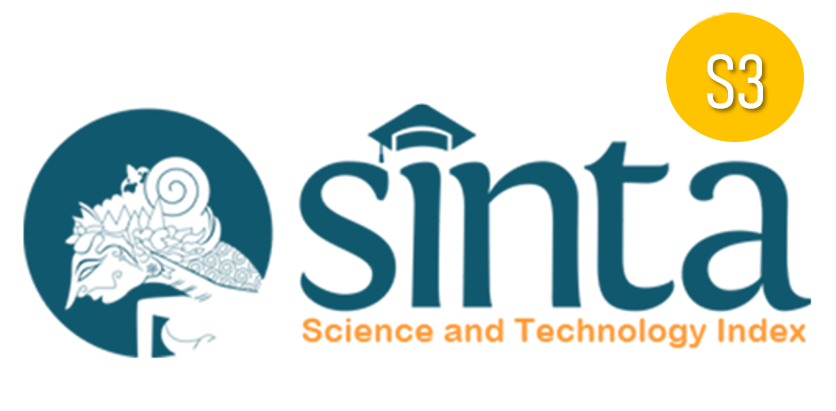Memetized Learning: How Humor-Infused Stories Can Engage Geography Students in the Digital Age
Abstract
Keywords
Full Text:
PDFReferences
Ataci, T. (2023). Memetizing genocides and post-genocide peacebuilding: ambivalent implications of memes for youth participation and imaginaries in Rwanda. Information, Communication and Society, 26(16), 3157-3178.
Barglowski, K. (2018). Where, what and whom to study? Principles, guidelines and empirical examples of case selection and sampling in migration research. Qualitative Research in European Migration Studies, 9, 151-168.
Lei, S., Cohen, J. and Russler, K. (2010). Humor on learning in the college classroom: evaluating benefits and drawbacks from instructors’ perspectives. Journal of Instructional Psychology, 37(4). 326-331.
Lolos, A. M., Etrata, A. A., Gonzales, K. C. I., Lipura, M. B., and Abusam, H. P. (2022). Decoding the metaphor of humor: Understanding why Filipino cybernauts cannot stop clicking on internet memes. ASEAN Journal of Community Service and Education, 1(2), 117-120.
Miller, S., and Pennycuff, L. (2008). The power of story: Using storytelling to improve literacy learning. Journal of Cross-Disciplinary Perspectives in Education, 1(1), 36-43.
Mogashoa, T. (2014). Applicability of constructivist theory in qualitative educational research. American International Journal of Contemporary Research, 4(7), 51- 59.
Petty, J. (2021). Using arts-based digital storytelling in neonatal care to enhance nursing students' empathy. Nurse Child Young People, 33(4), 13-18.
Shomova, S. (2020). Meme literacy in Russia: Perceptions of internet memes by a student audience and issues of critical thinking. Central European Journal of Communication, 13(26), 266-283.
Smeda, N., Dakich, E., and Sharda, N. (2014). The effectiveness of digital storytelling in the classrooms: a comprehensive study. Smart Learning Environments, 1, 1-21.
Yuliani, S., and Hartanto, D. (2021). Designing digital storytelling in English online learning. International Journal of Educational Management and Innovation, 2(3), 309-321.
DOI: https://doi.org/10.17509/ijert.v4i2.60751
Refbacks
- There are currently no refbacks.
Copyright (c) 2023 Universitas Pendidikan Indonesia (UPI)

This work is licensed under a Creative Commons Attribution-ShareAlike 4.0 International License.







.png)




